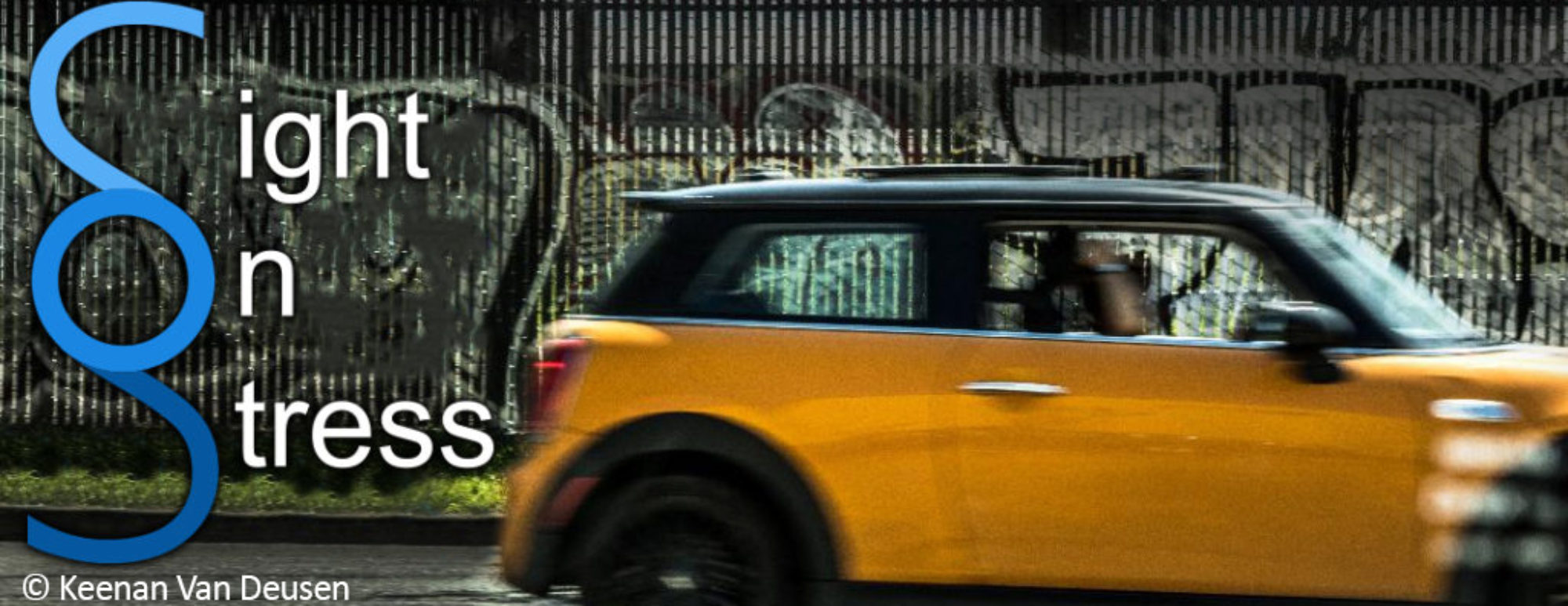
What does the future look like?
If you’ve read the news much lately, you’ve probably come across an article or two about what our future may look like amidst the coronavirus pandemic. Bleak portrayals of life behind masks and screens, separated still from the embraces or affection we desire from one another. Talk of school staying online for more than the summer, warnings of laying low through the fall and winter when another outbreak could occur. It’s not uplifting or hopeful. Instead, it paints an eerie picture of a hyper vigilant, disconnected existence that seems to have no end. No wonder so many people feel down if not down-right depressed.
Coronavirus: The bigger picture
But here’s the thing. When there is a threat of any kind, we as human beings, tend to narrow our focus. It’s biologically driven as we’re historically built to hone in on the threat so as to evade the danger. But while keeping a sharp focus on coronavirus is key to learning how to beat it, it can also rob us of life’s bigger picture. We can forget that this is a crisis, not the permanent new lifestyle, despite the fact that some journalists say it is. We forget that even though we have to be savvy about keeping safe from getting sick or infecting others, that we are tribal people. We thrive on community, on being with one another, on the presence of the group. And we will find ways to make that happen until we can freely be together again.
Take sports, for example. It is a significant aspect of US culture that brings people together as teams and fans. Yes, it can occasionally incite rivalry that is beyond friendly, but for the most part, sports are considered inspiring and a fun way to spend any given weekend day, whether you’re playing them or watching them. People so long for the interpersonal connection sports gives them right now that they’ve begun watching old games or the long-awaited documentary, The Last Dance, which premiered on television this week. We, as humans, are made to be together, to be inspired by one another, to laugh and cry together. The temporary struggle against coronavirus will not deter us from our ultimate search for attachment to one another.
Widening the Lens
In my book, Stressed in the U.S.: 12 Tools to Tackle Anxiety, Loneliness, Tech-Addiction and More, I talk about the concept of widening the lens. Because chronic stress can narrow our view in order to fight or flee the stressor, we must be intentional about widening our perspective so as not to get mired in darkness and depression. What does this mean for you? Perhaps instead of thinking only of limitations, it’s time to think of silver linings. Is the air clearer where you live? It is here in Seattle as stay at home orders have dramatically decreased pollution, a welcome sight amidst an otherwise dreary existence.
What about school? Do you feel oppressed by the idea that your college experience may be thwarted by continued sheltering in place? Try to look at your life beyond just this one year. It’s true that we are not yet sure how many students will be prevented from beginning or continuing this crucial stage of development by communing with teachers and students in what is often a highly social and intellectually engaging period of their lives, but, in the grand scheme of things, this may just be one year out of several. For some it is their first year when they make important friendships. For others it is their last year when they celebrate and get ready to launch their careers. It is heart-breaking to have these vital transitions waylaid, but postponing a launch for six months to a year won’t make or break your future success in life.
You always have the opportunity to make friends, wherever you are. You will always have the opportunity to learn, to live with others, to seek out mentors. You may need to be more assertive or intentional about it. But is that a bad thing? I don’t think so. I think it can help students find the chutzpah to stay connected while adhering to coronavirus standards. Think FaceTime instead of text message. It may help you connect with your acquaintances or friends more intimately. Think frequent zoom meetings with teachers where you may actually get to know them better instead of skipping office hours because you’re too busy. Look beyond the limitations for the opportunities.
Then there are those who have lost jobs or businesses as the shut-down, without financial assistance, proves to be longer than is financially sustainable. It can feel overwhelming, even soul-crushing, to think of having to give up your restaurant, salon or massage practice to teaching online classes or working in an entirely different industry. It’s further defeating to realize that few companies are hiring, especially for jobs that suit your qualifications. Widen the lens. This is a rough time, but it isn’t permanent. It may mean scraping by for the next two years, doing whatever you can to stay afloat, but it also may provide an opportunity for change you didn’t recognize was there. If this crisis forces you to explore other job or career options, that may end up being to your benefit. Don’t rule out the idea that with death comes new life, even if you can’t quite see it yet.
Coronavirus Takes a Toll on Mood: Conclusion
While may not be treated equally in this world, we all have the capacity for compassion, and, therefore, to be together during this unprecedented time. Widen the lens. Look for opportunities, possibilities, stretch your mind and your comfort zone to try new things, to communicate with people more frequently (because it will help you) and to remember that this pandemic will eventually fade. It won’t always be this dire, this limiting, this scary. As the poet Rumi once said, “the wound is the place where light enters you.”
If you enjoyed reading Coronavirus Takes a Toll on Mood you might also be interested to read:
- Coronavirus Reminds Us What’s Important
- How the Tao Helps us Navigate Stress
- Five Things To Do When Feeling Defeated and Overwhelmed
Dr. Van Deusen received her PhD in Clinical Psychology from the California School of Professional Psychology in Los Angeles in 1992. She has cultivated deep knowledge of attachment theory and stress and has worked with various populations over her two and a half decade career. Her practice is in Seattle, Washington. Buy her book Stressed in the U.S.: 12 Tools to Tackle Anxiety, Loneliness, Tech-Addiction and More here

